It’s incredibly exciting if you have made the decision to start or grow your family, but it can be difficult to know where to start. Here are some things you may want to know to start making it happen:
Visit your GP
One of the first steps you could take is to visit your GP. As well as discussing treatment options, your GP may also ask questions related to your reproductive health, like when your last menstrual period was, how long your menstrual cycles are and if you have any known medical conditions that may have an impact on your fertility. You may be able to access some initial investigations, which could include a blood test during your cycle to check if you are ovulating and an ultrasound scan to assess your ovaries, fallopian tubes and uterus.
Treatment availability on the NHS
In order to access funded treatment on the NHS, you would need to complete six cycles of self-funded intrauterine insemination (IUI). Females who have not become pregnant after six cycles of IUI undertaken in a clinical setting should be referred for further assessment and possible treatment, if eligible in your area. Eligibility is determined by local ICBs (Integrated Care Boards) so be sure to check with your GP what you might be able to access. This may include treatment with IUI or IVF.
Eligibility
In order to be referred for treatment, an assessment must be made by your GP or fertility specialist which specifies certain criteria set out by the ICB. The criteria may include:
- Age
- Body mass index (BMI)
- Length of time trying to conceive
- Previous children
- Lifestyle factors
- Sterilisation – if you’ve had any procedures to permanently prevent you from having children
Private fertility treatment
In order to access NHS funding, you may have to turn to private treatment first. When you attend a private fertility clinic, you will have a consultation with a fertility doctor who will discuss what treatment options are available and may request additional investigations. This can include a blood test to measure anti-müllerian hormone (AMH) and an ultrasound scan to assess the follicles in your ovaries. The cost of fertility treatments and donor sperm can vary, so be sure to check why a particular treatment type may be most suitable for you.


Share:
Treatment options when you’re LGBTQ+
Using donor sperm